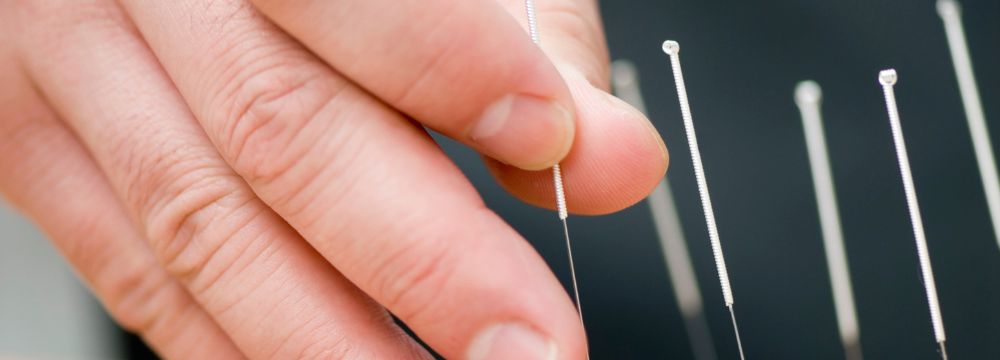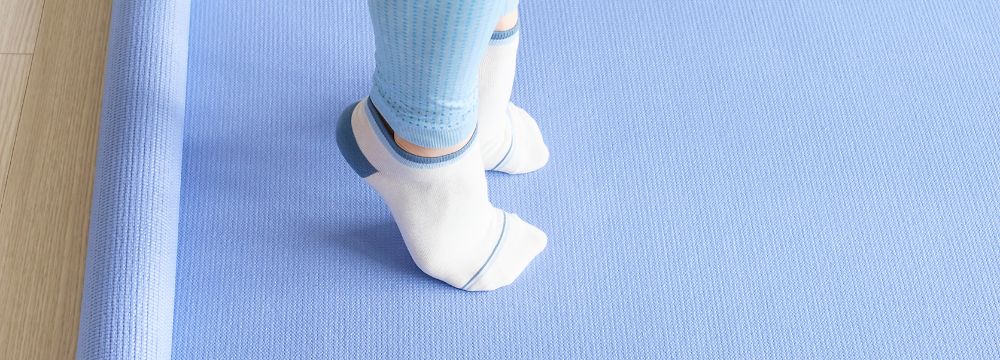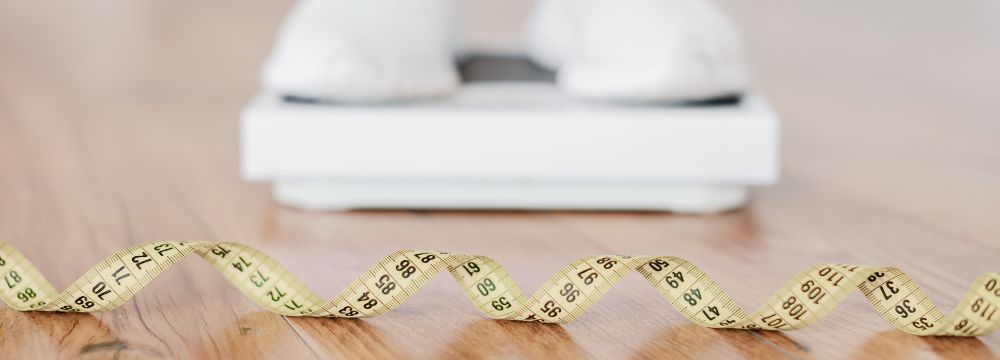
Body image is always a relatively contentious issue after bariatric surgery because everybody thinks of their excess skin differently and has very defined and often quite strong feelings about how their body should look and what they are willing to do to get to their goals. As such, it’s almost impossible to predict precisely what your body will look like. We can, however, offer some concrete advice on achieving the look you desire.
Do You Want Thin and Toned?
Most patients want to get to the point where they have a thin but toned body. Of course, thin means different things to different people. Understanding what this means to you requires looking at your weight when you started this journey and being honest about your motivation levels and how much you are willing to sacrifice. Yes, losing weight immediately after bariatric surgery will be relatively easy. However, this becomes more difficult as you start getting closer to your goals and when you liberalize your diet and exercise program (which we all do).
You may have seen weight loss averages published across the Internet, and these are valid but ultimately based on a broad population of bariatric patients. With proper patient selection and exceptional motivation, some patients bust through those averages, losing up to 100% of their excess body weight. On the other hand, we have also seen patients who have not been able to maintain their motivation and enthusiasm and fall short of their expected goals. This underscores the fact that bariatric surgery and even medical weight loss using new GLP-1 drugs are just a tool rather than the be-all-end-all solution. Instead, you must be ready to change your life now and well into the future.
Other Considerations
The weight on the scale and the subjective decision about how we look in the mirror can be quite deceptive. For one, your weight does not give you a good idea of your muscle tone or lack thereof. Many patients have lost “enough” weight but are unhappy with their body shape because they have not put the time into strength training. On the other hand, patients who follow a strength training routine may build muscle and ultimately lose less weight than expected, yet their body looks exactly as they wish. Similarly, what you see in the mirror can be colored by years and decades, maybe even a lifetime of feeling down on yourself and your body. Known as body dysmorphia, many patients do not realize or accept how far they have come in their postoperative goals.
To this end, there are a few key metrics that you can follow to know that you are making progress. First is blood work. Are your markers for metabolic disease dropping, or have they been resolved entirely? Keep an eye out for cholesterol and blood sugar numbers, and have your blood pressure checked periodically. While you are having your blood work, be sure to stay abreast of any possible vitamin or mineral deficiencies.
Second, look at your waist size and how you fit into your clothes. As you lose weight, you will most certainly drop dress or pant sizes, and this is an excellent indicator of reduced risk of cardiovascular disease in the future. Use these wins to measure your success and what you see on the scale.
A Progression Toward Loving Your Body
We aren’t going to mince words here. You may find it difficult to love what you see in the mirror in the early days after bariatric surgery. After all, weight loss is not linear; you may lose weight in certain places while other places retain excess fat. Remember, this is a temporary and normal part of the process. You have been losing significant weight, and there’s no way to predict where it will come off. All we know is that eventually, you will hit your goals and be able to decide what to do next.
While we don’t expect you to be thrilled about your body immediately, we want you to take the steps necessary to push yourself along and keep yourself motivated. A very effective tactic is to look at yourself in the mirror weekly, preferably in your underwear, and point out everything you like about your body. You may feel there’s not much to love in these early days. However, you will notice some of your best physical qualities with time. Eventually, you’ll have a long list of things you like, which will probably coincide with feeling far better due to your fantastic progress and weight loss.
Body Dysmorphia
With all the above said, some patients suffer from body dysmorphia. This is where you have a vision of your body that does not reflect reality. It affects bariatric patients because most have lived with excess weight or obesity for a very, very long time. This conditions them to believe that they are overweight or obese, even when they’ve made significant progress and are no longer classified as such. Body dysmorphia is problematic because it can lead to eating disorders like anorexia, bulimia, and binge eating. Disordered eating can be very dangerous for some patients and should quickly be managed by consulting with our office in conjunction with a mental health professional.
The Bottom Line
As you can see, postoperative bariatric life is not easy, and how you view your body is complex. The best advice we can offer is to always keep appropriate expectations in mind. Even if your goals are lofty, celebrate the victory when you hit smaller milestones. Be honest with yourself about what you see in the mirror, as hard as you may be on yourself; also, give yourself the kudos you deserve when you reach your goals.
Be sure to employ the help of mental health and medical professionals to guide you through this process. Trust us, you will not be the first or the last patient we see with challenges. Instead, take comfort that we have dealt with these concerns extensively over the years and have a tried-and-true methodology to get you to your goals. Please call our office for a consultation to learn more.









